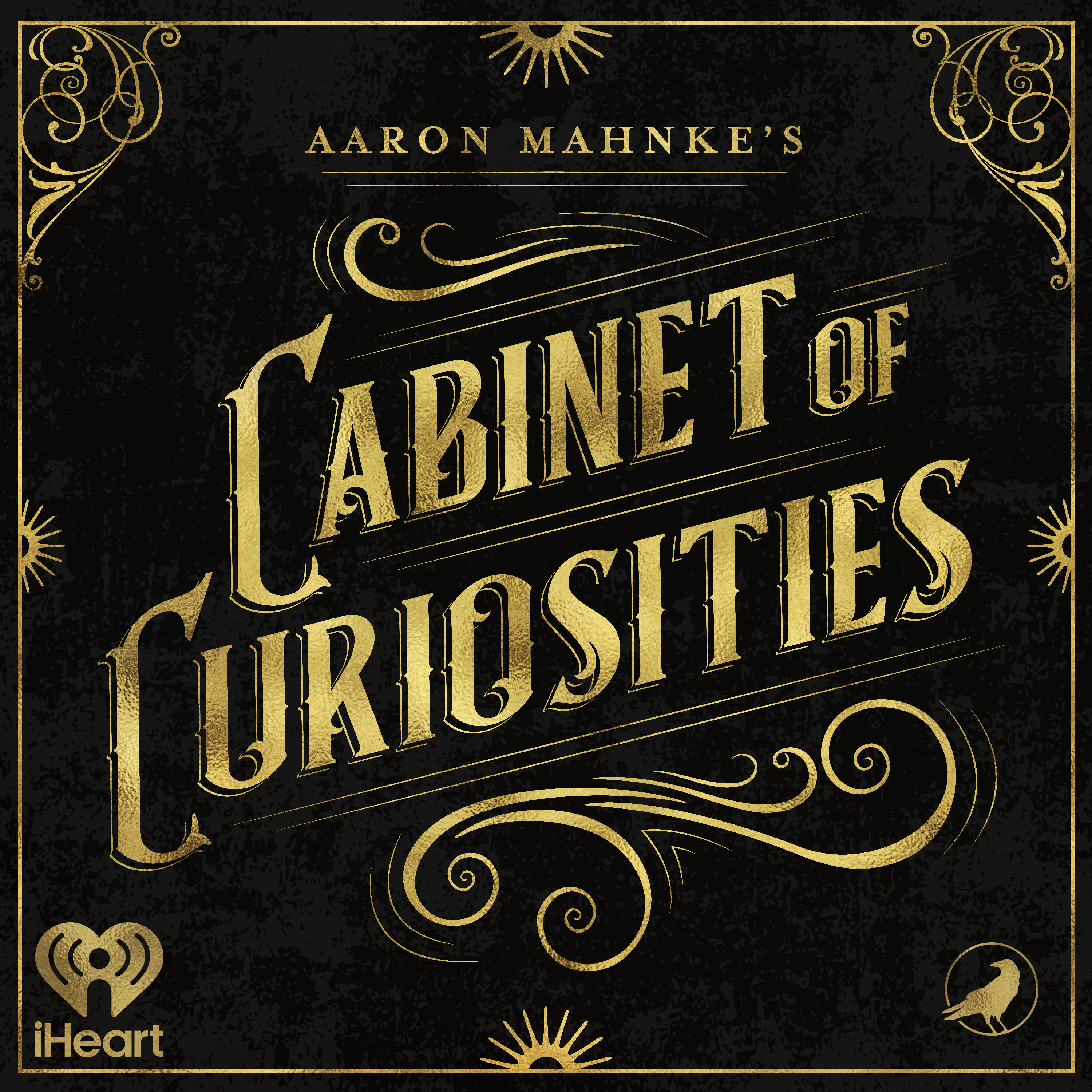On the Job
Crime and punishment are the centerpiece of our tour through the Cabinet today.
Order the official Cabinet of Curiosities book by clicking here today, and get ready to enjoy some curious reading!
See omnystudio.com/listener for privacy information.
Press play and read along
Transcript
Transcript is processing—check back soon.
Aaron Mahnke's Cabinet of Curiosities — On the Job
